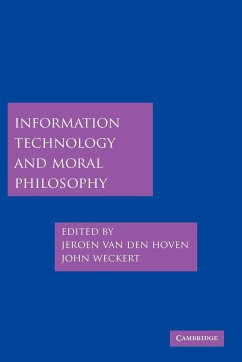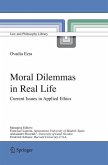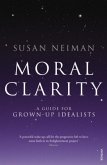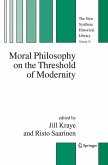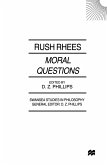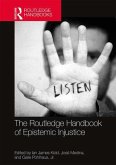Information technology is an integral part of the practices and institutions of post-industrial society. It is also a source of hard moral questions and thus is both a probing and relevant area for moral theory. In this volume, an international team of philosophers sheds light on many of the ethical issues arising from information technology, including informational privacy, digital divide and equal access, e-trust and tele-democracy. Collectively, these essays demonstrate how accounts of equality and justice, property and privacy benefit from taking into account how information technology has shaped our social and epistemic practices and our moral experiences. Information technology changes the way that we look at the world and deal with one another. It calls, therefore, for a re-examination of notions such as friendship, care, commitment and trust. This book gives an in-depth philosophical analysis of moral problems to which information technology gives rise, for example, problems related to privacy, intellectual property, responsibility, friendship and trust, with contributions from many of the best-known philosophers writing in the area.
Hinweis: Dieser Artikel kann nur an eine deutsche Lieferadresse ausgeliefert werden.
Hinweis: Dieser Artikel kann nur an eine deutsche Lieferadresse ausgeliefert werden.
'This collection of 18 essays is rich in ideas on the implications of information technology and morality. Variety is the collection's strong point, though there are certainly some common themes, including the nature of identity and agency ... This work will appeal to scholars in several disciplines, including communication, political science, computer science, and philosophy. Summing up: recommended.' S. E. Forschler, Choice
